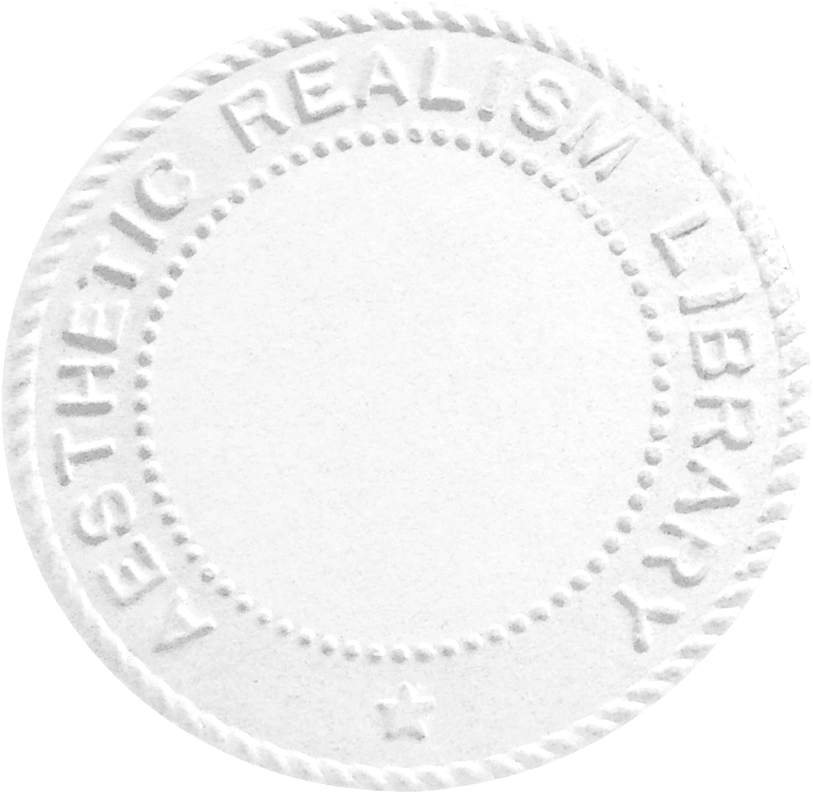Translations by Eli Siegel
I Should Love to Be Loved, By Endre Ady
From a French Translation of Endre Ady’s Hungarian lyric in Les Cinq Continents, ed. Goll. Translators: Sandor Eckhardt and Zoltan Baranyi. This is a poem exemplifying Aesthetic Realism.
I am neither infant nor happy grandfather
Nor parent, nor lover
Of anyone, of anyone.
I am, as every man is, Majesty,
The North Pole, the Secret, the Stranger,
The will-o’-the-wisp in the distance, the will-o’-the-wisp in the distance.
But alas! I cannot remain this way.
I should like to show myself to the world,
So that someone sees me, so that someone sees me.
This is why I sing and I torment myself.
I should love to be loved.
I wish to be of someone, I wish to be of someone.
From Hail, American Development (Definition Press)
© 1968 by Eli Siegel



Eli Siegel’s note to the poem:
I Should Love to Be Loved, By Endre Ady. 1968. Man wants to be alone and also loved; he wants to be alone and also love. It is easy in Hungary or anywhere to feel that one is not cared for, not in the life of another or others at all. The Hungarian poet, Endre Ady, once thought this in Central Europe, and instead of just having a thought, stated the thought rhythmically; in apparently choice, melodious Hungarian. (Some melody goes from one language to another.) How does this poem exemplify Aesthetic Realism? It is because Aesthetic Realism says that essentially different attitudes of self are in an aesthetic relation: that the desire for complete individuality is the same as the desire to love fully and accurately what is not oneself; for through another life, individuality is wholly what it is. Therefore, when Ady is stating the two possibilities and wishes of self, he is doing what is necessary if one is to see later that one can be just what one is and “of someone” on the same Tuesday. Aesthetic Realism says that the outside world exists to sharpen, complete, affirm individuality not to dilute it. Self and World, Aesthetic Realism believes, are two opposites like Color and Outline, Oneness and Manyness, Nearness and Remoteness which have been one in art; can be one in ourselves tomorrow.